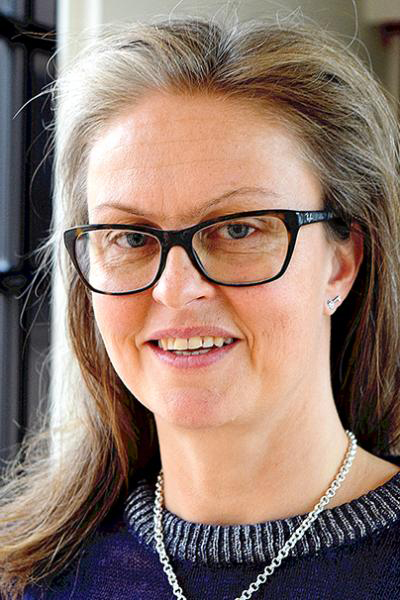What aspect of this prize are you most proud of?
“In the jury’s reasoning, they highlight the availability of the research in question, something that I am delighted and proud about! But this is a joint effort in which research colleagues and, not least, tenants in Uppsala have played an important part.”
So, what is ‘renoviction’?
“The word renoviction is a blend of the words renovation and eviction. It refers to the practice of increasing rents to pay for renovations, forcing tenants who can’t afford the new rent to move. Renovictions primarily occur in blocks of flats that have been inadequately maintained over a long period of time, often on housing estates built during the Million Homes Programme (Miljonprogrammet) between 1965 and 1974. In Uppsala, for example, this includes Gränby, Kvarngärdet, Blåklinten in Salabacke, Eriksberg, Valsätra and Gottsunda.”
What is the most important conclusion you have reached in your research?
“Over 350,000 flats in Sweden’s Million Homes Programme have been renovated since 2010, often after the buildings have been left largely unmaintained for decades. It is not uncommon for rents to be raised sharply in conjunction with this. Our research shows that tenants have little opportunity to exert influence, meaning that important perspectives on social sustainability are missed. Not infrequently, being forced to leave one’s home due to rent-increasing renovations is a very painful process.”
What are you hoping to shed even more light on with future research?
“There has been no real inquiry or extensive research into where tenants who are ‘renovicted’ actually end up. Preliminary reports have been published by Boverket, the Swedish National Board of Housing, Building and Planning, among others, showing that they move to poorer districts, that they often need to up sticks again when renovations catch up with them, and that overcrowding increases. We need to learn more about how different groups deal with this vulnerable situation, how security is affected in the districts in question and how renoviction affects segregation.”
What concrete effects are you hoping your research might have for society and housing policy?
“After visiting Sweden and Uppsala in 2019, UN Special Rapporteur on the right to adequate housing Leilani Farha was sharply critical of developments in the country. Among other things, she emphasised that housing in Sweden has increasingly become a commodity, and she called on the government to restore the right to social housing. I hope that our research, which takes the increasingly precarious situation of renters in Sweden today as a point of departure, can contribute knowledge about how social justice and the universal right to adequate housing can be better accommodated in planning, building, renovation and management.”